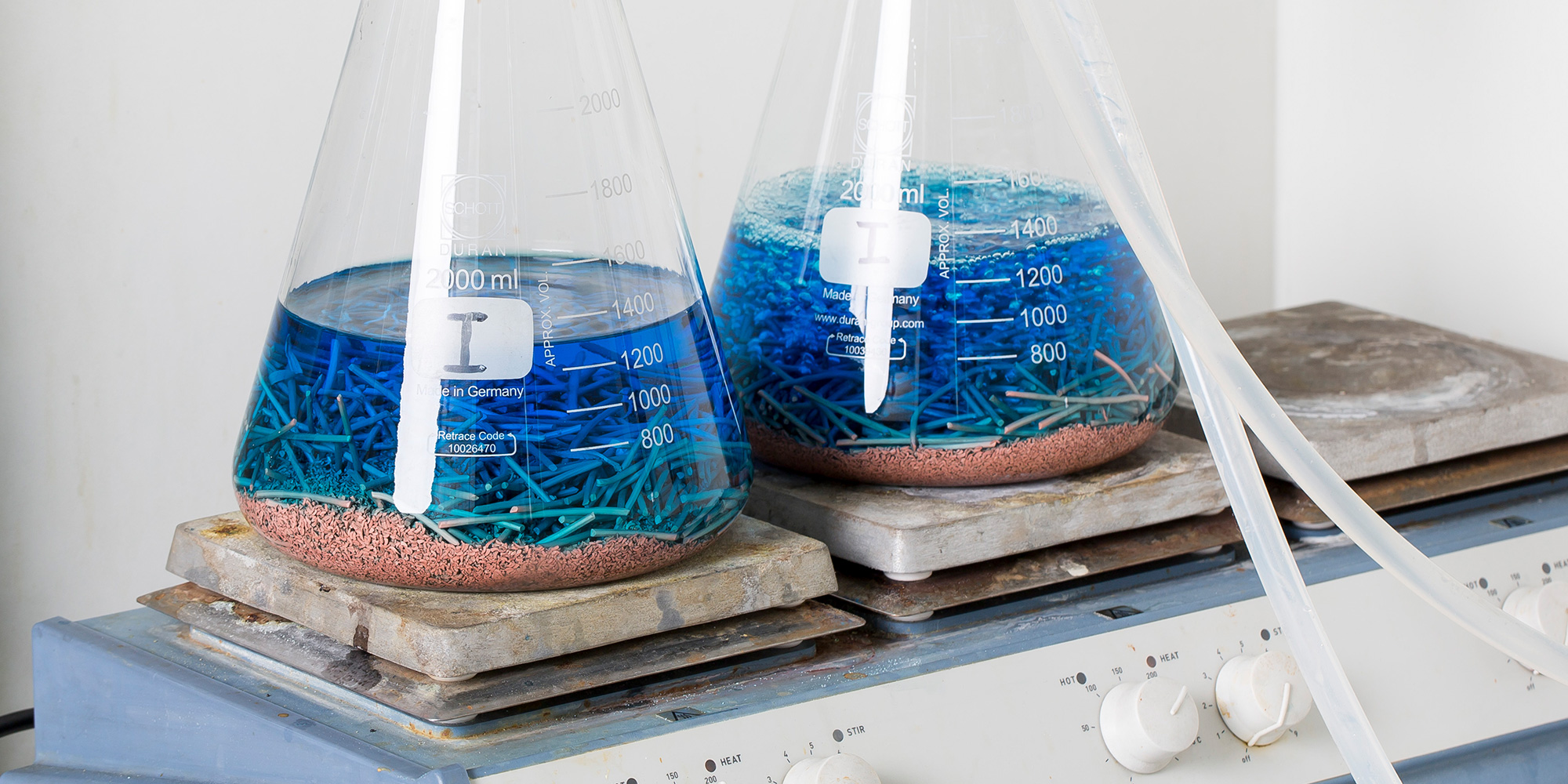Galvanic Corrosion Resistance Testing
The term “galvanic corrosion” refers to a type of electrochemical attack that occurs when two or more dissimilar metals are placed in an electrolyte, such as seawater or soil. This phenomenon is particularly relevant in the oil and gas sector where different metal components come into contact with one another under various environmental conditions. Galvanic corrosion resistance testing assesses how well materials withstand this type of corrosive environment to ensure longevity and reliability.
In the oil and gas industry, galvanic corrosion can significantly impact infrastructure integrity, leading to costly repairs or failures. This service plays a crucial role in mitigating these risks by providing insights into material compatibility and potential areas of concern within equipment and installations. Quality managers, compliance officers, R&D engineers, and procurement professionals rely on this testing to make informed decisions about material selection.
The process involves carefully selecting specimens made from different metals that are intended for use together in the field. These samples are then immersed in an electrolyte solution designed to simulate real-world conditions. By measuring current flow between these materials over time, we can quantify galvanic corrosion rates and assess which combinations may be prone to this form of degradation.
Our laboratory follows stringent protocols outlined by relevant international standards such as ISO 12944 - Anti-corrosion coatings for metals and alloys. We employ advanced equipment capable of accurately detecting even small amounts of current flow indicative of galvanic activity. Our experienced technicians ensure consistent results that reflect actual field performance.
The importance of galvanic corrosion testing cannot be overstated, especially given the harsh environments often encountered in oil and gas operations. By identifying potential issues early on through rigorous testing, operators can take proactive steps to prevent costly downtime or accidents caused by unexpected failures due to corrosion. This not only enhances operational safety but also contributes to sustainable practices aimed at minimizing environmental impact.
Understanding how different materials interact with one another is key to designing robust systems capable of operating efficiently under challenging conditions. Our comprehensive approach ensures that clients receive reliable data they can trust when making critical decisions regarding material selection and installation design.
Applied Standards
| Standard | Description |
|---|---|
| ISO 12944:2017 | Anti-corrosion coatings for metals and alloys - Application of protective coating systems. This standard provides guidelines on selecting appropriate anti-corrosion measures, including considerations related to galvanic corrosion. |
| ASTM G58-13 | Standard Practice for Resistance to Galvanic Corrosion of Uncoated Metallic Materials in Specific Media. This document offers detailed procedures for conducting tests aimed at evaluating the susceptibility of various materials to galvanic corrosion. |
| EN 16759:2014 | Determination of the potential difference between two metallic surfaces. This European standard specifies methods for measuring the voltage differences that arise when different metals come into contact with each other, which is fundamental to understanding galvanic corrosion risks. |
| IEC 62089-1:2017 | Protective coatings for metals and alloys - Particular requirements for offshore structures. While this standard focuses primarily on protective coating systems, it also includes provisions relevant to galvanic corrosion prevention strategies. |
Eurolab Advantages
Our expertise in conducting galvanic corrosion resistance testing sets us apart from other laboratories. With a team of highly qualified professionals dedicated solely to this area, we offer unparalleled accuracy and reliability in our assessments.
- State-of-the-art facilities: Equipped with cutting-edge technology that allows for precise measurements down to the nanometer scale.
- Comprehensive testing capabilities: We cater to a wide range of materials used across various sectors, ensuring comprehensive coverage.
- Industry knowledge: Our personnel possess deep understanding of both theoretical principles and practical applications, enabling us to provide tailored solutions for clients' unique needs.
- Consistent quality: Every test is conducted under controlled conditions, minimizing variability and enhancing reproducibility.
- Expert advice: Beyond just providing results, our consultants offer valuable insights based on decades of experience in the field.
By choosing Eurolab for your galvanic corrosion resistance testing needs, you gain access to a wealth of resources and expertise that will help safeguard your investments against potential failures due to this form of corrosion.
Use Cases and Application Examples
Galvanic corrosion resistance testing is essential for several applications within the oil and gas sector, where multiple components must work together effectively despite differing properties. Here are some specific scenarios:
- Pipeline integrity: Ensuring that connectors between segments of pipelines remain free from galvanic corrosion ensures continuous flow without interruption.
- Offshore platforms: Equipment used in offshore drilling rigs requires robust materials capable of resisting harsh marine environments, which often involve diverse metal types.
- Subsea equipment: Components such as valves and pumps need to withstand corrosive fluids while maintaining structural integrity over extended periods.
- Tank storage systems: Tanks used for storing oil or other hydrocarbons must be constructed from materials resistant to both internal and external corrosion sources.
In each case, understanding the interaction between different metals helps in selecting appropriate alloys that minimize galvanic activity while maximizing performance. Proper testing early in the design process saves time and money by avoiding costly retrofits later on.





